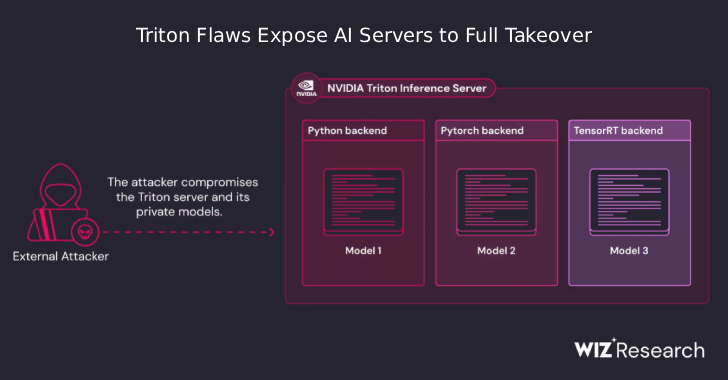The Cyber Heist of the Century
How “Business Email Compromise” (BEC) Cost Americans
$2.9 Billion in 2023, And How You Can Protect Your Business
If George Clooney and Brad Pitt were pulling off cyber heists instead of casino jobs, their scheme wouldn’t involve suave disguises or fast cars—it’d be Business Email Compromise (BEC).
In 2023, cybercriminals pulled off their own “Oceans Eleven” without ever touching a vault, walking away with $2.9 billion, all from behind a keyboard.
Let’s break down how they did it and how you can stop them from cracking into your company’s virtual safe.
What is Business Email Compromise (BEC)?
Imagine this: You’re a business executive, and you get an email from what seems to be your trusted CFO or client. Everything looks legit—email address, signature, tone. It’s urgent—they need you to wire money for a deal or pay an invoice. No time to waste.
Except, this isn’t your CFO or client at all. It’s a cybercriminal. And that “wire transfer”? It’s headed straight into the hands of the thieves.
That’s BEC in a nutshell—hackers impersonating someone you know to trick you into transferring money or sensitive information. These attacks target businesses of all sizes, exploiting trust and urgency to carry out devastatingly effective fraud.
How Does BEC Work?
The sophistication of BEC lies in its simplicity and personal touch. Here’s how it typically plays out:
- Email Account Compromise: Attackers gain access to a legitimate email account by either phishing or brute-force attacks. They might get in via a weak password or through another compromised account in the organization.
- Impersonation: Once inside, the attackers monitor communication, waiting for an opportune moment to strike. They will impersonate someone high-ranking—often a CEO, CFO, or a key supplier.
- Deceptive Requests: With precise timing, they craft an email asking for a wire transfer, urgent payment, or sensitive financial information. They may use spoofed email addresses or modify legitimate invoices to include fraudulent banking details.
- The Transfer: The victim, believing this is a legitimate request, wires the money straight to the attackers’ account.
- The Cover-Up: Some hackers are so skilled, they erase any trace of their activity, leaving the real employee unaware their email was compromised.
Why BEC is So Successful
BEC attacks succeed not because they exploit technical vulnerabilities but because they exploit human trust. With so many businesses conducting transactions through email, and people accustomed to fast-moving, urgent communications, BEC flies under the radar. There’s often no malware, no obvious red flags—just a simple, credible email that leads to massive financial loss.
Steps to Protect Against BEC
So, how do you stop BEC in its tracks? Here are key steps you can take:
- Implement Multi-Factor Authentication (MFA): Every email account, especially those handling sensitive data or financial transactions, should have MFA. This adds an extra layer of protection, even if a password is compromised.
- Verify Requests Manually: No matter how urgent a request seems, always confirm large transactions with a phone call or face-to-face conversation. Never rely solely on email for confirmation of payments.
- Train Your Employees: Cybersecurity awareness training is essential. Teach your team to recognize phishing attempts, unusual requests, and changes in payment instructions.
- Set Up Email Filters and Alerts: Flag external emails and set up alerts for unusual account activity. Additionally, configure your system to detect and block spoofed email addresses.
- Monitor Financial Transactions: Implement controls such as requiring multiple people to approve large payments or changes in payment instructions.
- Regularly Update Your Security Protocols: Ensure that your security software is up-to-date and you’re following the latest best practices for email and account protection
Staying Ahead of BEC
Business Email Compromise is not going away anytime soon. In fact, it’s getting worse, with cybercriminals refining their tactics. But by staying vigilant, educating your team, and implementing smart defenses, you can dramatically reduce the risk of falling victim to these sophisticated digital heists.
At Cyber Defense Advisors, we specialize in safeguarding businesses from sophisticated attacks like Business Email Compromise (BEC). Our expert team provides comprehensive cybersecurity solutions tailored to your specific needs, ensuring your company is protected from financial and reputational damage.
Contact us today and take the first step toward a more secure tomorrow.






